
Put down the sourdough starter and hang up your dried flowers - let's chat about Waterless Beauty. Is it cottagecore or is it the next frontier of the beauty industry? Do we need to take a step back to simpler times to realise a future that is kinder to the earth?
Water is the building block of life, and it plays such a big role in the beauty industry. If you take a closer look at the back of your shampoo bottle, you will find that Aqua tops the list of ingredients, and this is because 80-90% of the formulation is water.
Water is used during harvesting and processing of raw materials, formulation, or the production phase of skincare and personal care products – it’s the leading ingredient in your cleansing products, makeup, moisturizer, oral hygiene products and of course, shampoo and conditioner.
Did you know: Ingredients are listed in descending order – beginning with the largest amount in the product (usually water). Lower down, any ingredient 1% or below can be listed in any order.
Why is water so important?
Water plays both an active and functional part in our products – it’s primarily used as a solvent, needed to dissolve ingredients such as conditioning and cleansing agents.
It forms emulsions in which the oil and water components of the product are combined to form creams and lotions, to foam or lather, make them easier to be squeezed out of the bottle and to interact with.
But is it just a filler?
Water is not just a filler, it plays an integral part in our products by absorbing and extracting compounds from other ingredients, making them more readily available and beneficial for our hair and skin.
In skincare, products that contain those hero ingredients such as ceramides, hyaluronic acid, omega fatty acids and glycerin work together with water to keep hydration levels balanced and to prevent moisture loss.
When it comes to active ingredients, they are potent! So being diluted by water won’t make them any less powerful—having water in the formula will actually activate them and charge pH levels, making them even more effective.
Are waterless products preservative free?
It’s true that if a product contains water, it needs preservatives to help prevent the growth of microorganisms – but any product that needs to get wet or is kept in a moist environment does need a preservative to protect the integrity of the product, prevent the growth of bacteria and give it a longer shelf life.
Preservatives found in beauty and haircare are not the enemy – they undergo rigorous testing to ensure they can be safely applied to our hair and skin.
A growing trend
Waterless or Anhydrous beauty was popularised in South Korea, purely because they were looking for more potent and effective options within their skincare formulations. Over time, it was realised it could in fact be a more sustainable way forward and by the mid-2010s, the trend took hold and bigger, western beauty brands started exploring ways to reduce their water consumption.
The stats: We know the earth is made up of 71% water; 97% being salty, 3% fresh and of that, only 0.5% is fresh and available for human consumption. Research conducted by the UN shows that almost half the world's population will be living in areas of high water stress by 2030 - while there is enough freshwater on the planet for seven billion people, water stress is caused by uneven distribution, waste, pollution and management.
Innovation
Today, we have waterless products in the form of powders, solids, bars, cleansing balms, oils, and masks. To be clear, waterless doesn’t mean water has not been used in the process, what it does mean is that there are products available to us sans water within the final formulation - and that’s where you come in! You usually just need to add water when you’re using it to activate ingredients to help it emulsify, lather or spread.
If you are looking for ways to reduce your carbon footprint, going ‘waterless’ does have some major pros for sustainability:
- Reduced packaging, less waste
- Long-lasting, one shampoo bar can last up to 40 washes - the equivalent to 4 bottles of shampoo
COLLEEN RECOMMENDS
Just Add Water - Haircare
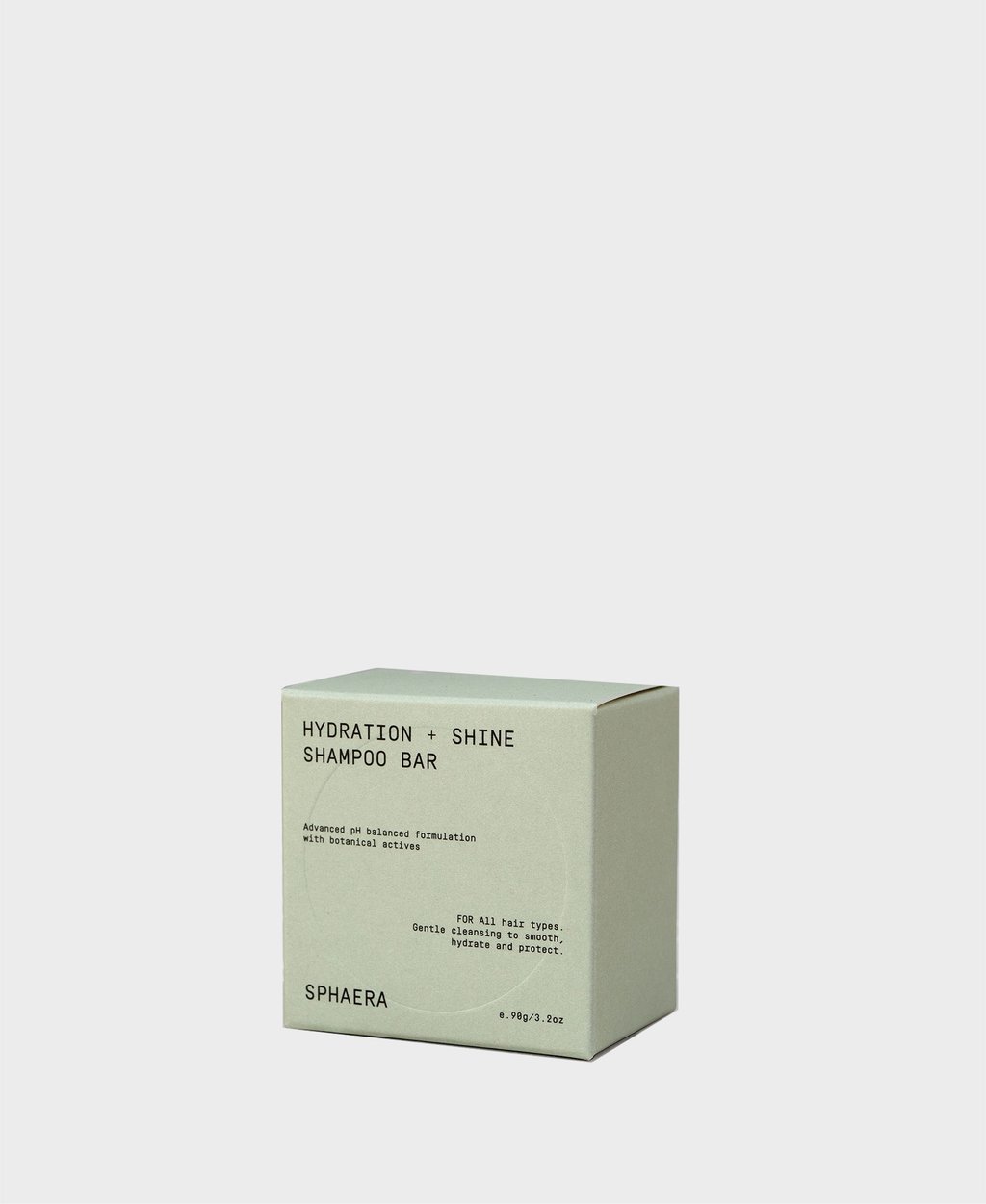
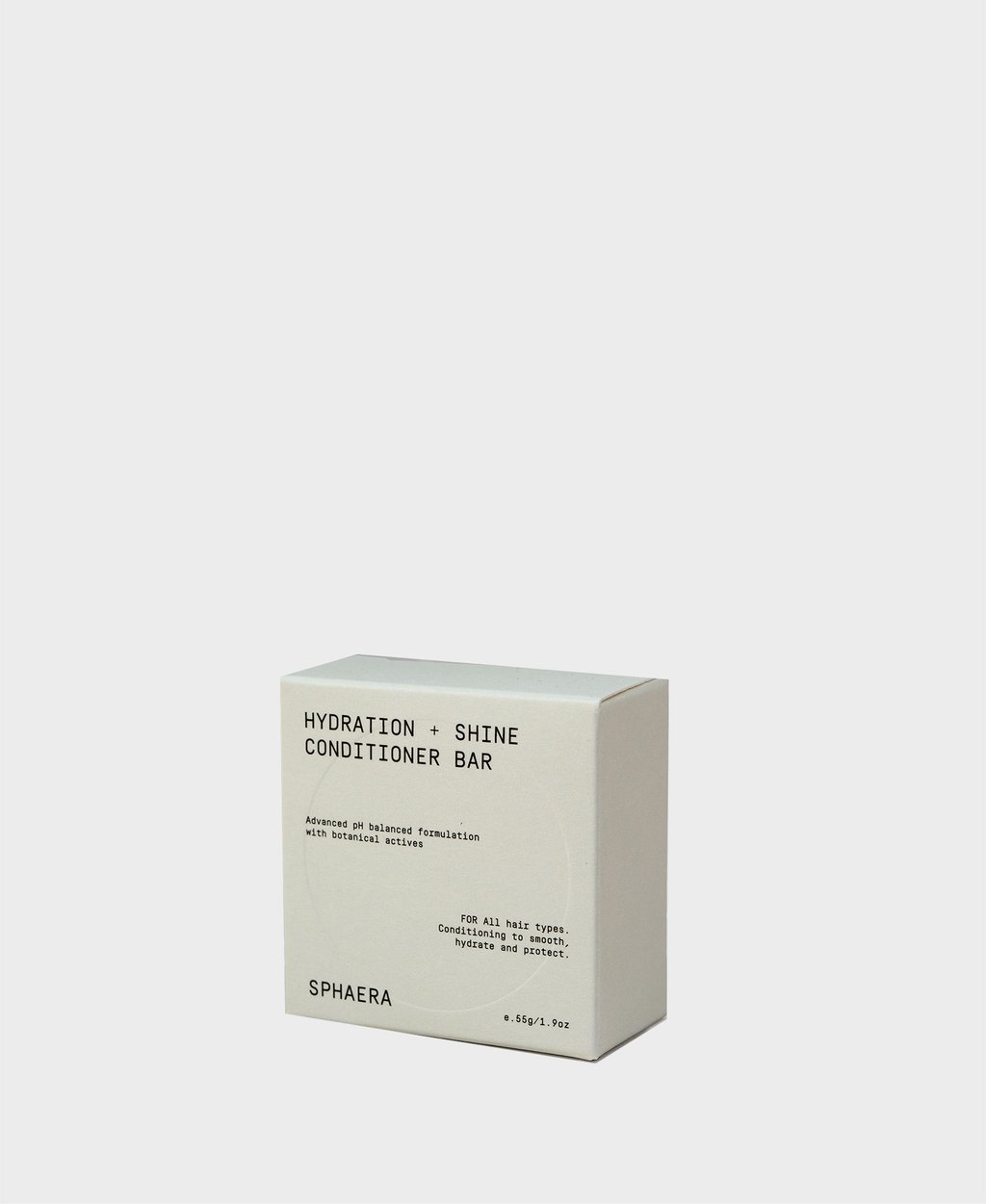
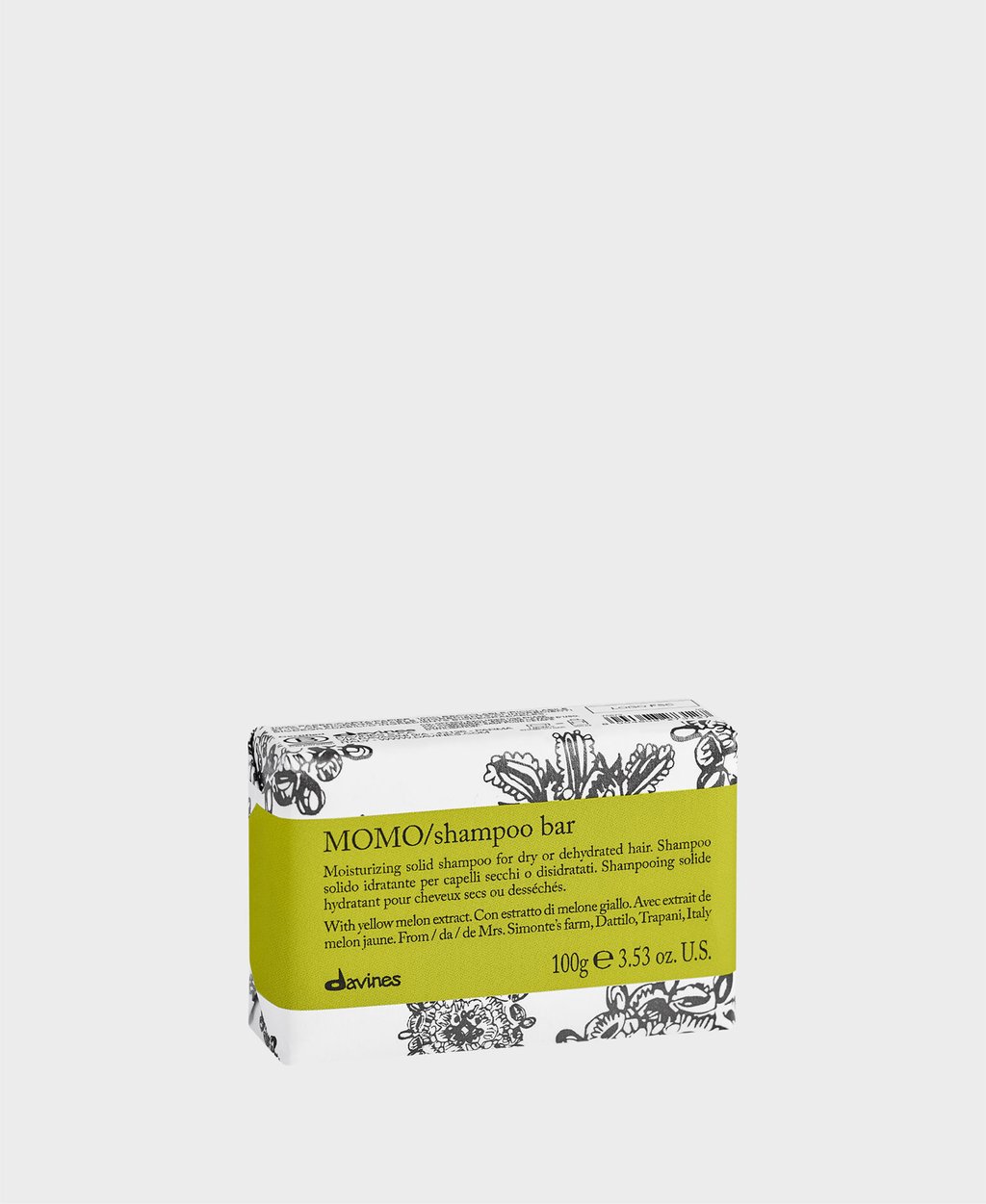
Just Add Water - Skincare
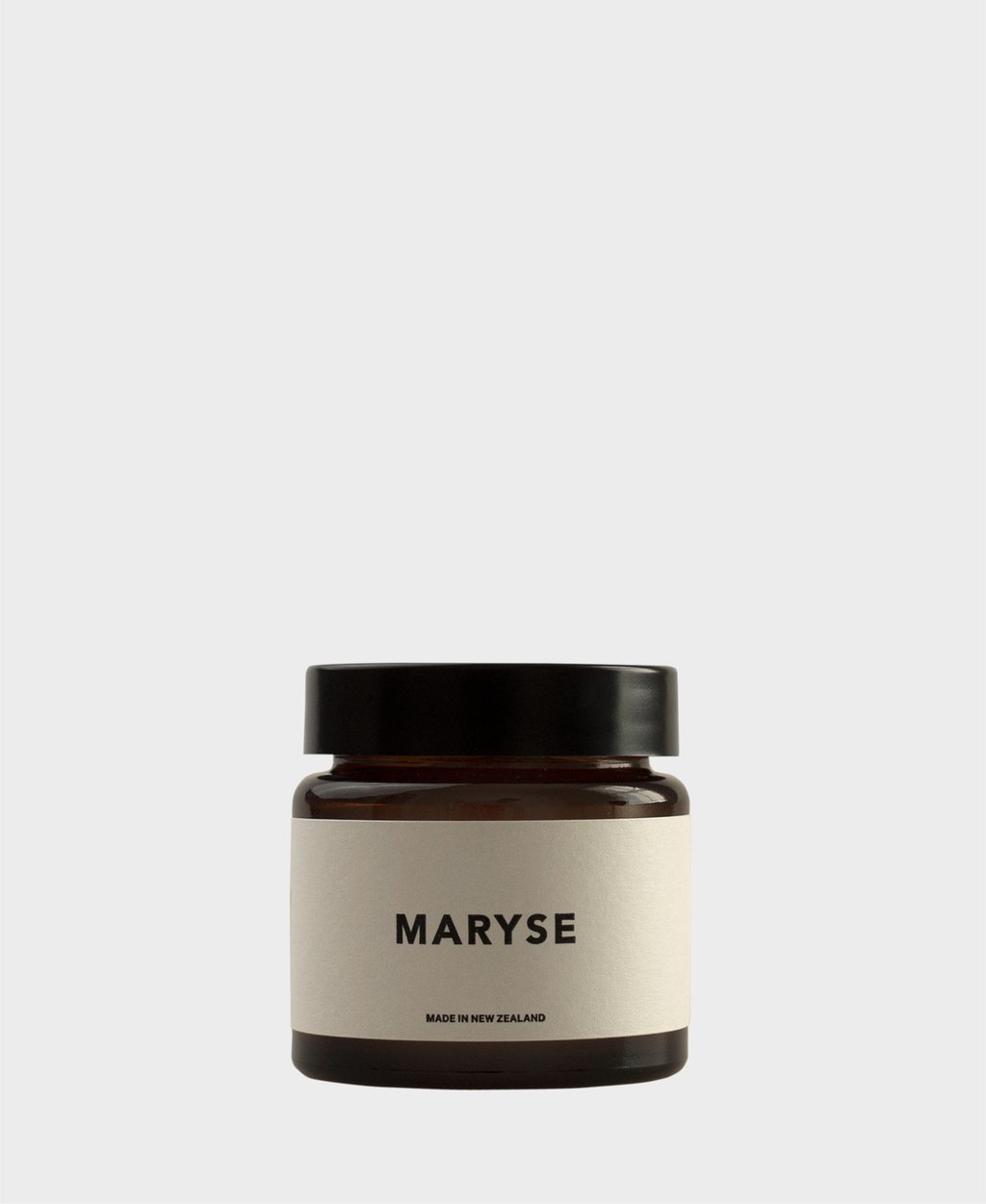
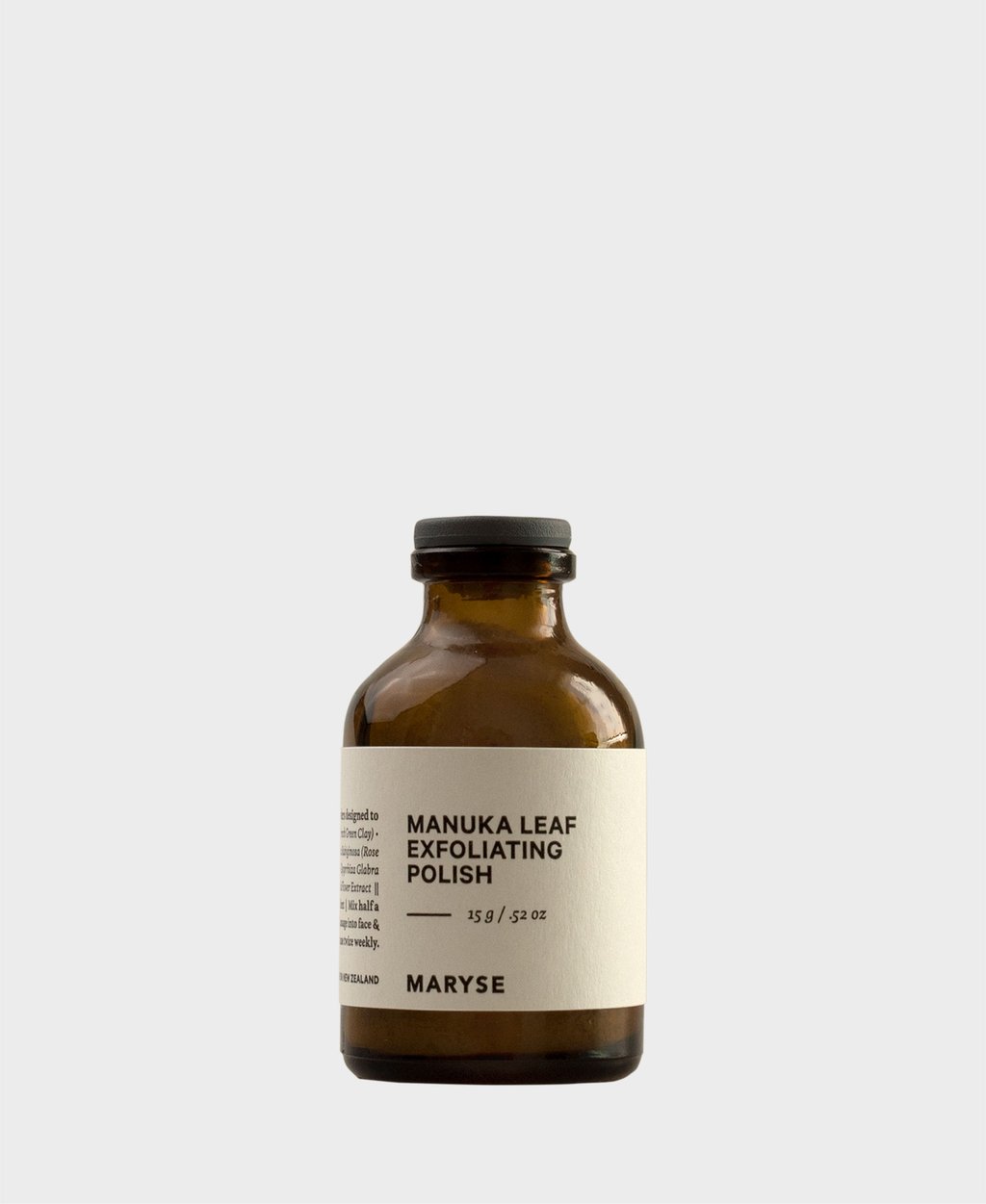
No Water Needed
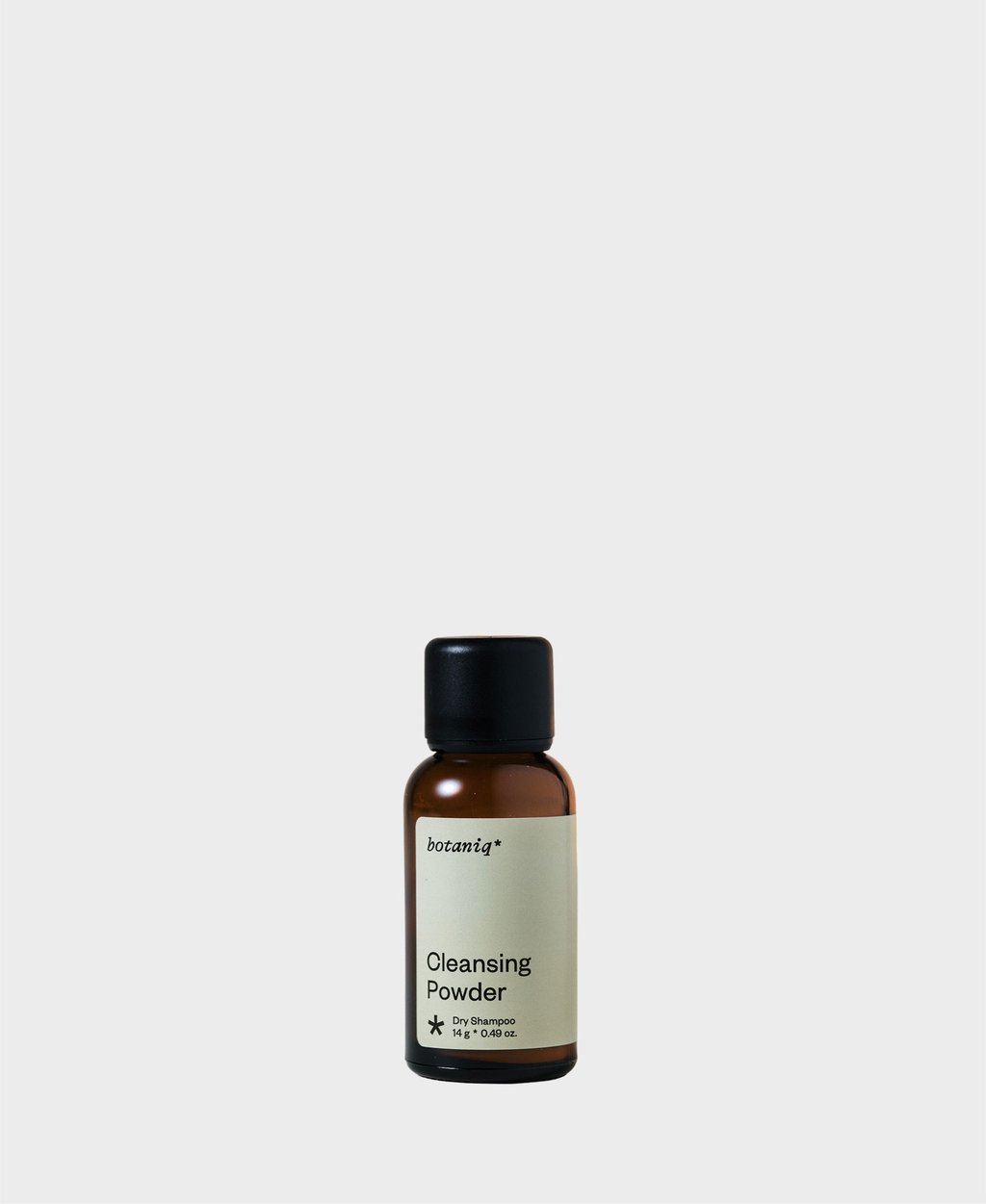
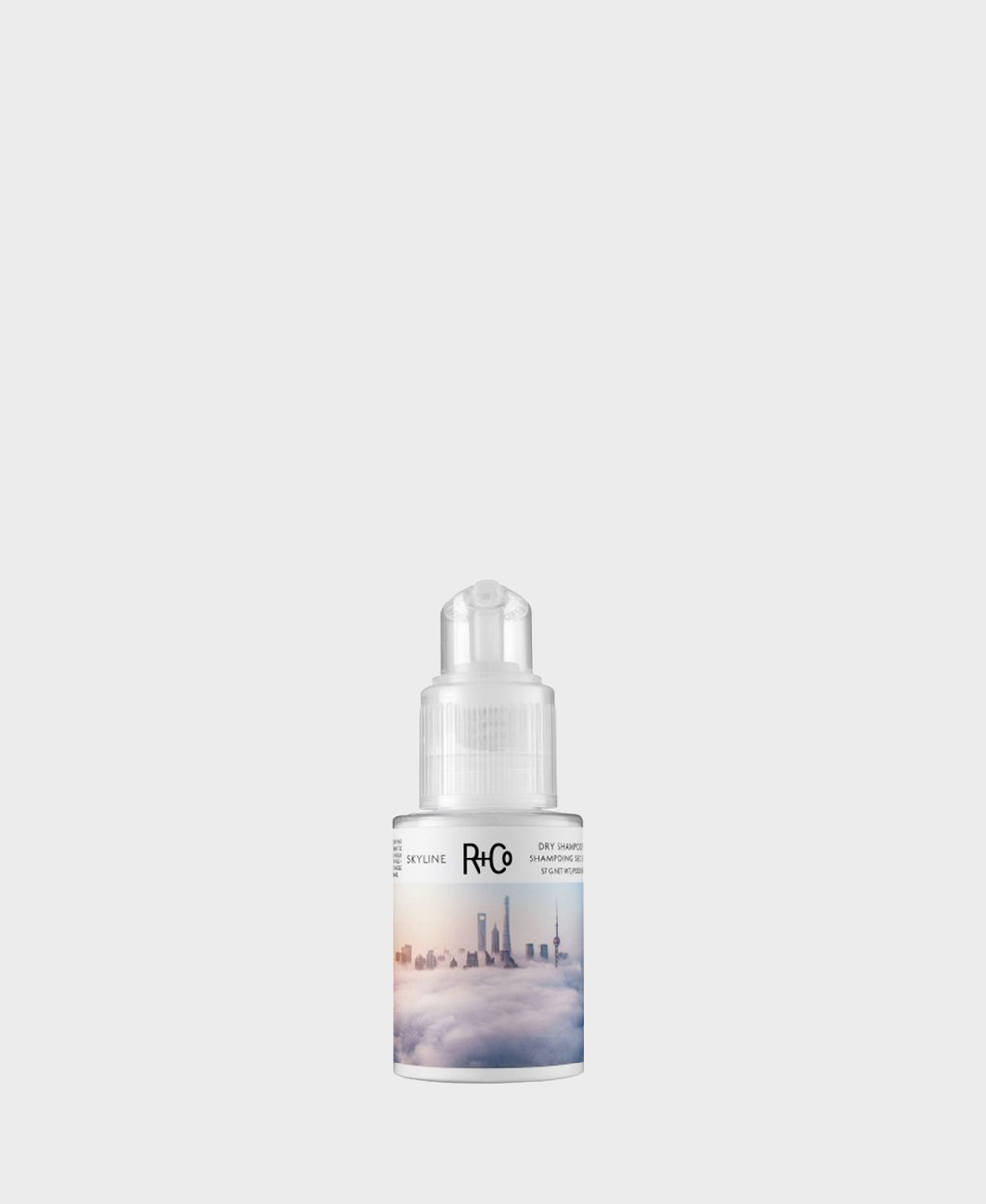
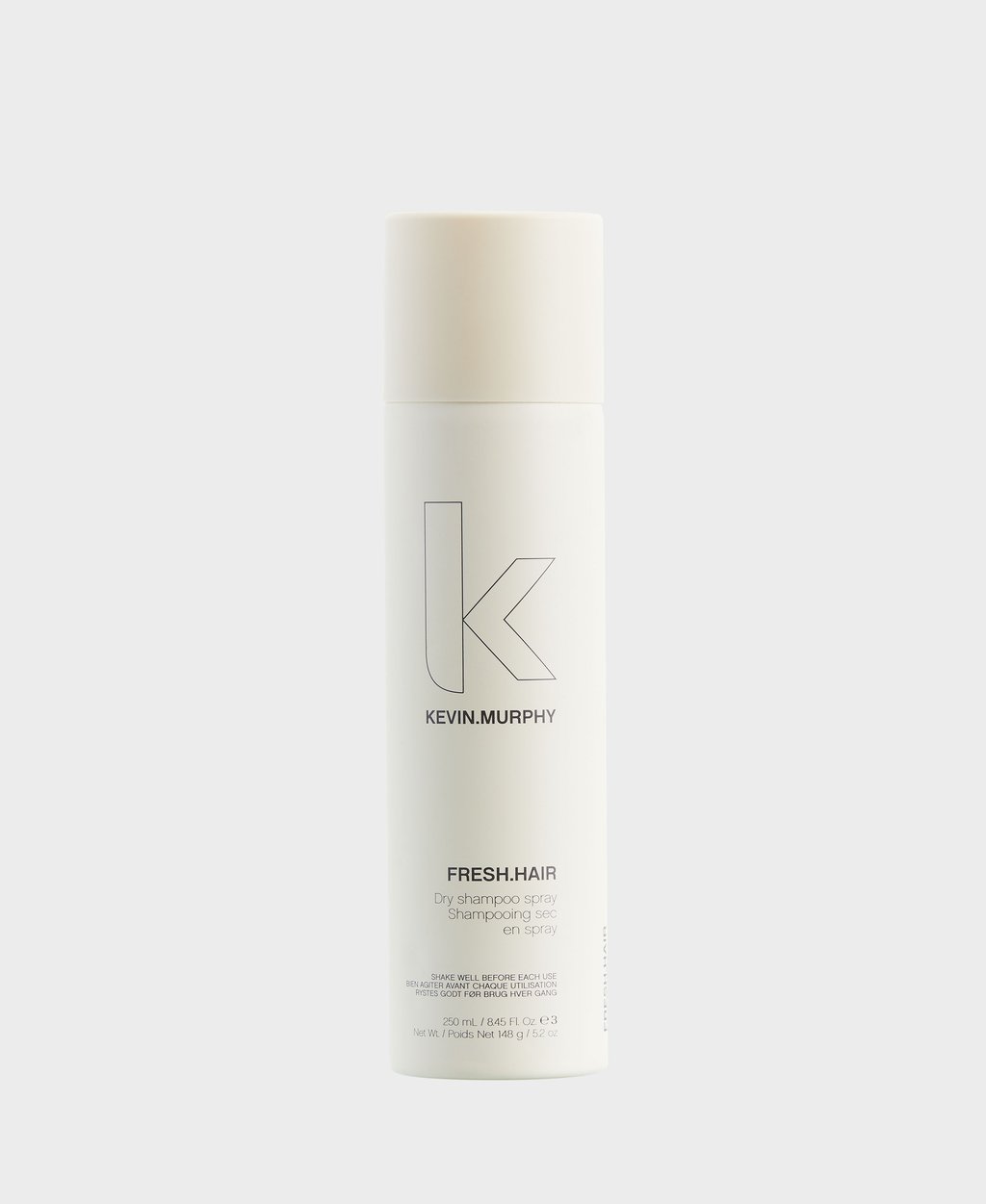
Thank you to Adelle Rodda of Botaniq for her insights into the use of water and why it's needed within hair and beauty formulations
Resources:
https://www.usbr.gov/mp/arwec/water-facts-ww-water-sup.html
https://cosmeticsinfo.org/ingredient/water-0
https://www.un.org/waterforlifedecade/scarcity.shtml
https://cosmeticsbusiness.com/news/article_page/Watered_down_The_pros_and_cons_of_beautys_waterless_products/174784


